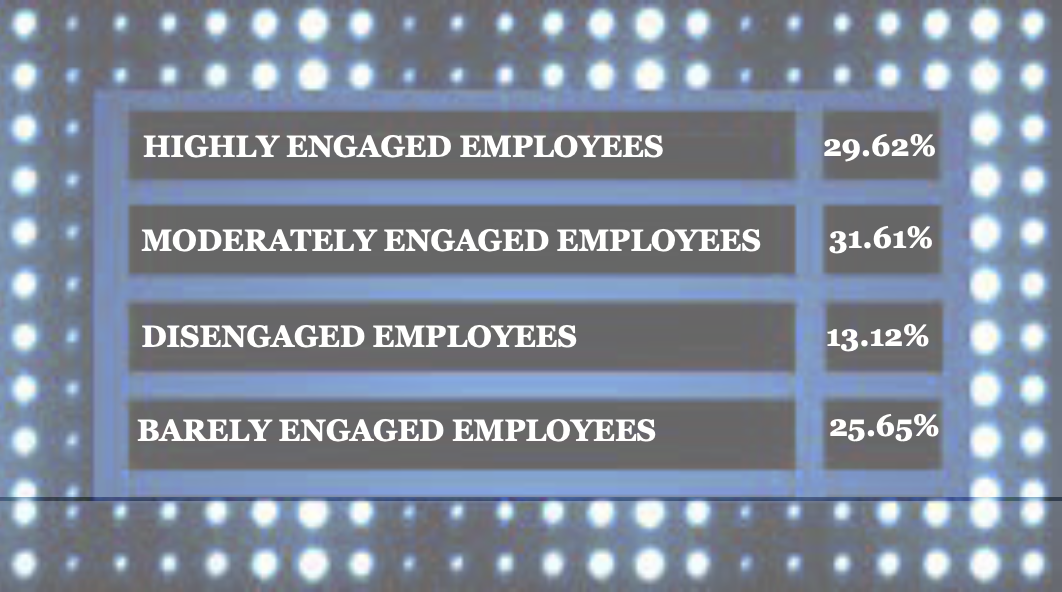Tegan discusses sustainable farming and its impact on America.
By: Tegan Mazurek
-Staff Writer-
The Industrial Revolution changed every aspect of American culture, particularly agriculture. Today, most food comes from factories and processing plants. This industry risks health and livelihood, poisons vital ecosystems, massively consumes and wastes resources and creates a facade of dependence. Cheap and plentiful food for 6 billion people, convenience to the consumer and contribution to the economy are arguable benefits of industrial farming. However, many of these benefits can be achieved with alternative farming methods. Sustainable farming has not only shown to include these benefits, but also contribute to many other social issues.
According to the Agriculture Sustainability Institute, sustainable farming focuses on “environmental health, economic profitability and social and economic equity”. Studies have shown that sustainable farming can not only feed the world, it can also reverse damage from the industrial farming.
In this alternative method, utilizing renewable resources are feasible, air quality improves without toxins constantly being released and soil erosion declines while soil quality increases. Sustainable farming doesn’t rely on chemicals to keep the crops healthy. Instead, farmers use a variety of techniques including crop rotation and pasture-based animal husbandry, as well as utilizing the natural checks and balances found in ecosystems. Sustainable farming also protects the public health and animal welfare from various disease and dangerous practices often found in industrial farming. Besides preservation, conservation and protection, this alternative farming method economically sustains the communities that they reside in. With livable wages and safe working conditions, sustainable agriculture can offer a sustainable boost to the economy.
Sustainable agriculture not only benefits the local and global community, but the individual consumer as well. According to GRACE Communications Foundation, the nutrients in the food produced are retained longer without high risk of contamination. The growing methods, harvest and transportation, and animal product all contribute to the high quality of produce. Nearly all sustainably-produced products are not under corporation control and profits return to the small farmers and local communities. World hunger is mostly caused by poverty and poor distribution. Sustainable farming can be utilized by many global communities, using fewer resources and little technology. While the shift to sustainable farming will be difficult in the most developed countries, it is vital for long-term global health.












